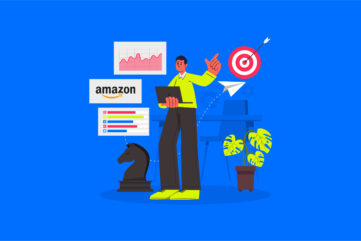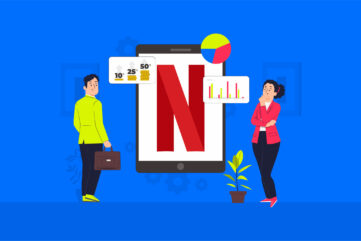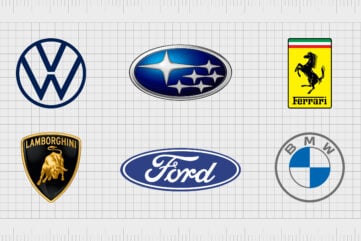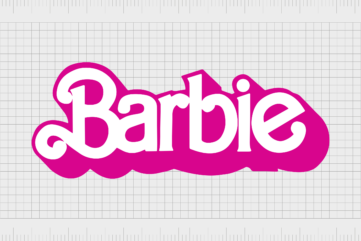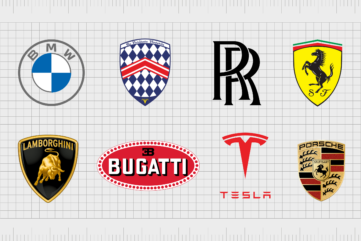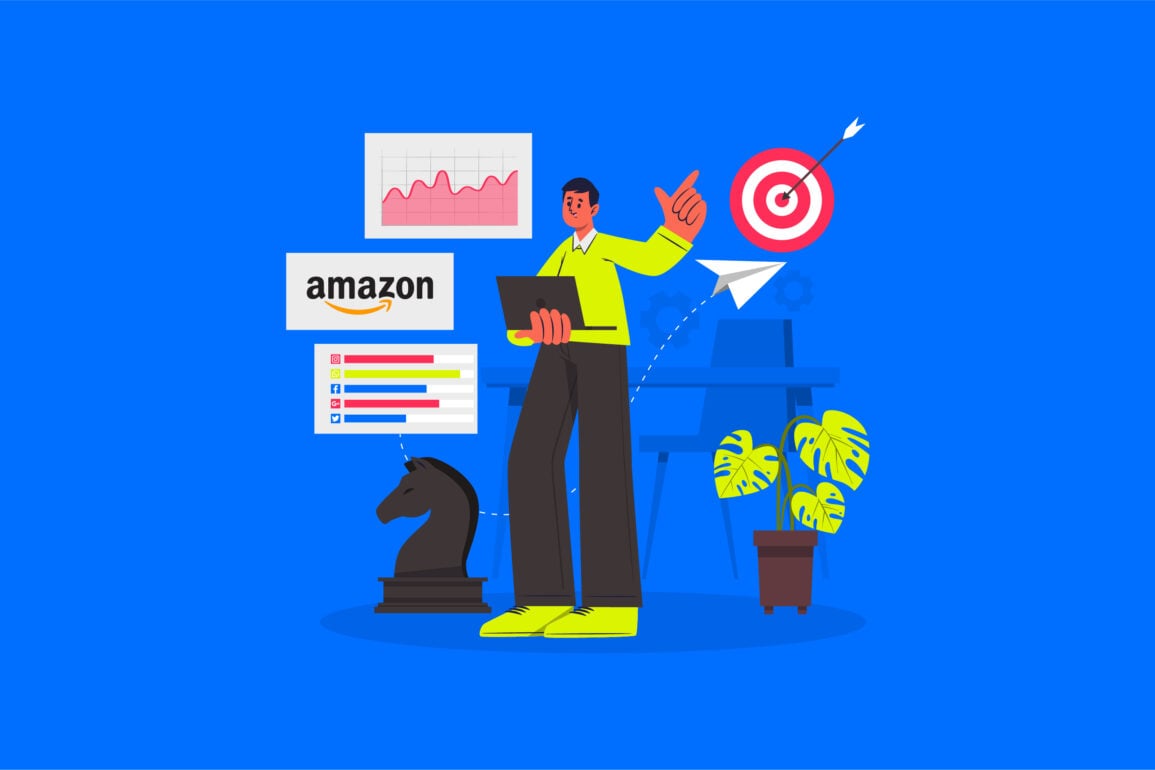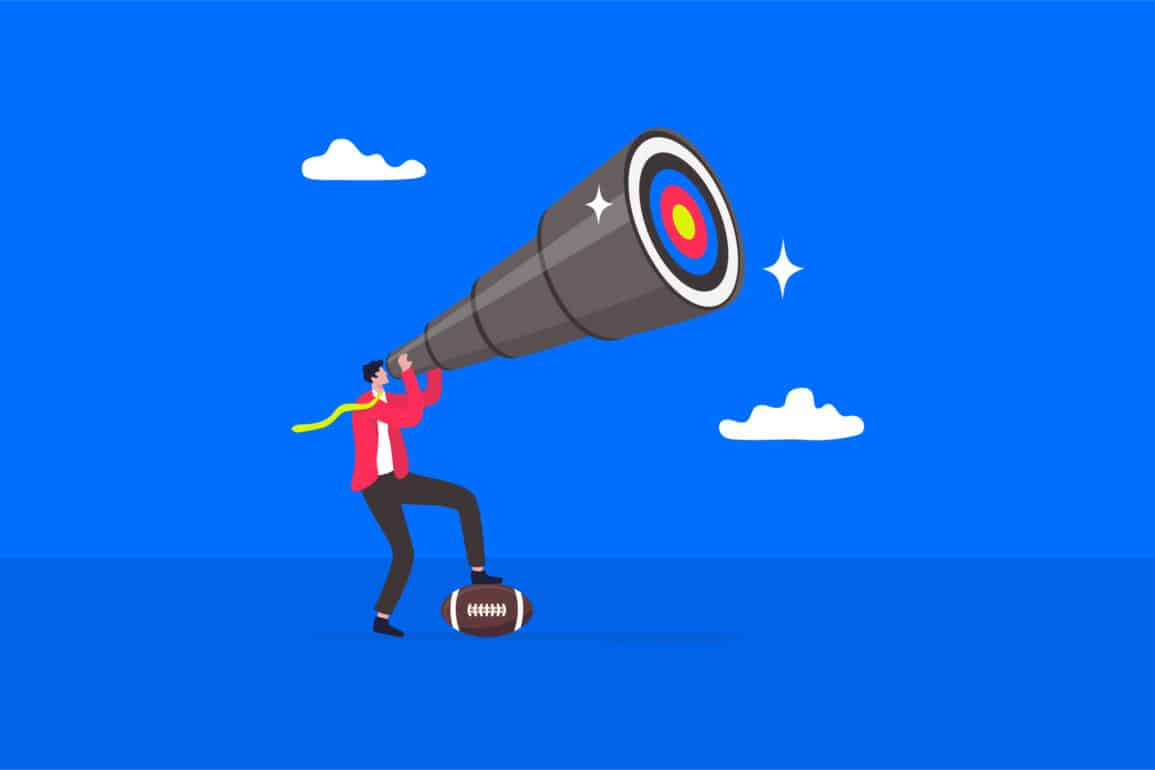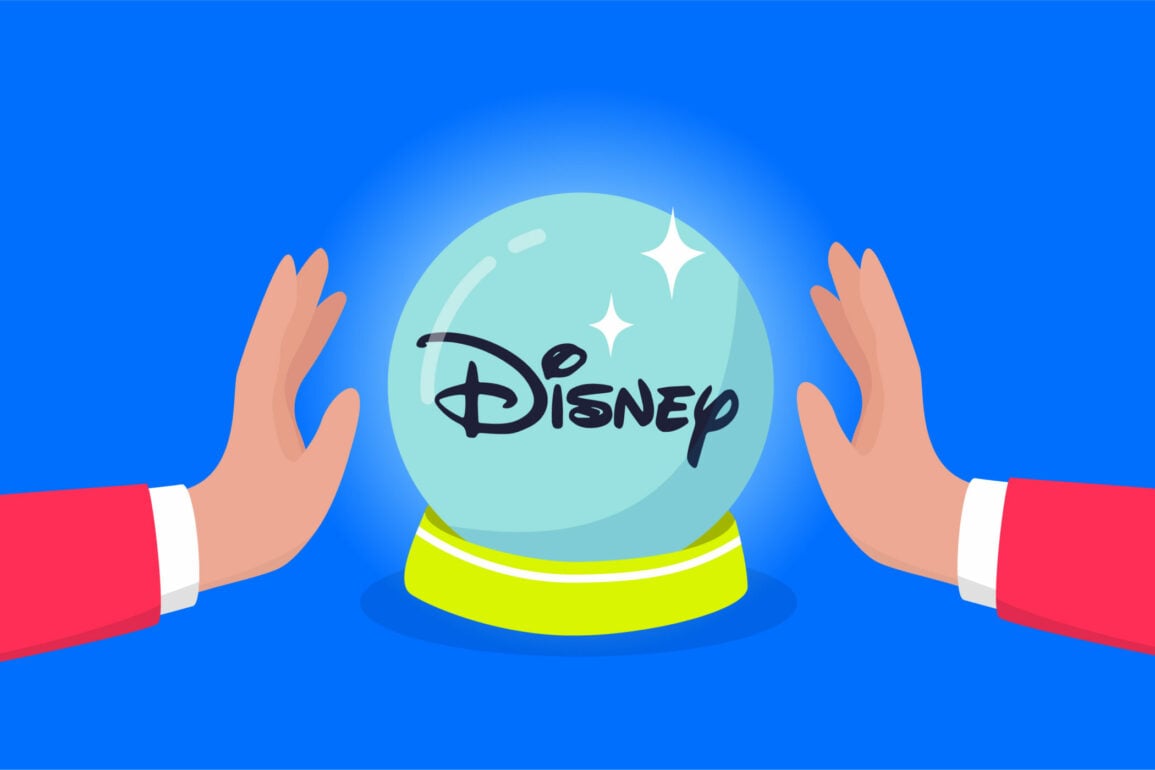Sponsorship vs advertising, which is right for your business?
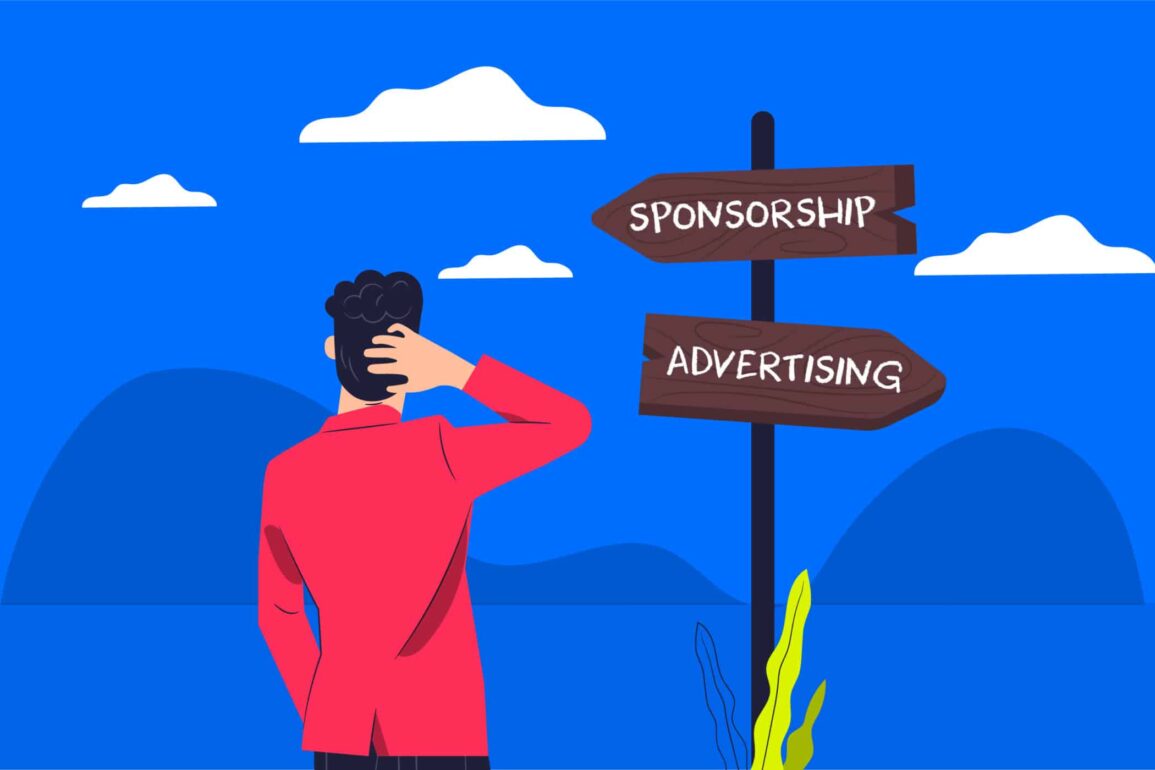
Advertising vs sponsorship? What’s the difference? Advertising and sponsorship are two terms often used interchangeably in the promotional world. After all, when a company invests in either advertising or sponsorship, the results are usually similar.
Both tools will deliver greater brand awareness, reach, and stronger business reputations. However, sponsorship and advertising are slightly different processes.
With sponsorship, the focus is on building a relationship between two entities in a mutually beneficial partnership. A sponsor delivers funding or resources to a beneficiary, and the beneficiary “advocates” for the brand in exchange, showcasing its logo, promoting its ads, and highlighting the company.
Advertising is also a “mutually beneficial partnership,” but the relationship is slightly more one-sided. A company pays for advertising to be displayed in a specific environment or for marketing campaigns to be produced on its behalf.
An advertising campaign doesn’t necessarily connect a company to another entity. Indeed, many advertising brands won’t highlight their involvement in the relationship at all. They simply work as a silent partner in the background.
Confused? Here’s everything you need to know about advertising and sponsorship.
Sponsorship vs advertising: What is advertising?
To understand the difference between sponsorship vs advertising, let’s first take a closer look at what “advertising” actually means. This is a relatively broad term in today’s promotional market.
Essentially, advertising creates campaigns, events, and other resources designed to bring attention to a specific brand, service, or product.
Companies can pay for advertising “placements” both in the offline and online worlds. For instance, an organization might pay to advertise its products in a physical store or have a banner or display ad showcased on a website relevant to its target audience.
In the digital world, many companies pay for advertisements distributed in various environments, from social media channels to search engines like Google and YouTube.
When you’re browsing through Facebook, and you see a product recommended to you on the side of a page, that’s a form of advertising.
Is traditional advertising effective?
One of the good things about advertising is it gives brands a great deal of control. Ads are often highly targeted to a specific audience and created with intent.
Companies get to choose exactly where their ads appear, what they look like, and what messages they convey. It’s also possible to target a specific audience using various advertising tools like Google and Facebook ads.
Unfortunately, traditional advertising has its downsides too. The market is usually “pay to play,” with companies with the highest budgets often getting the best placement and attention. Additionally, many traditional forms of advertising are often overlooked by today’s customers.
Most consumers don’t consider obvious promotions like banner ads and displays trustworthy. They know companies have paid to grab their attention, and they’re often overwhelmed by countless organizations trying to compete for their interest simultaneously.
Advertising vs sponsorship: What is sponsorship?
So, what is sponsorship in the world of advertising vs sponsorship? In many ways, sponsorship is a form of advertising, but it’s often considered to be a lot more subtle. With a sponsorship, a company engages in a relationship with another entity, organization, or event.
One company (the sponsor) offers resources such as services, goods, or money to another organization (the beneficiary). In exchange, the beneficiary helps to promote the brand by placing their logos, content, and advertising assets in various environments.
The core focus of a sponsorship campaign is building a connection between two entities.
While advertising promotes awareness and brand recognition, sponsorship helps improve a company’s reputation. Businesses spend significant time searching for a sponsor connected to their target audience so that they can build affinity through shared values.
When a company sponsors a charitable organization for a fun run or a fundraising campaign, they not only place its business in front of its intended audience but also shows its commitment to supporting a worthy cause.
Is sponsoring a form of advertising?
Sponsorship can be a form of advertising, as basic concepts connected to advertising are often involved in a sponsorship agreement. In exchange for the funding and resources provided by the sponsor, the “beneficiary” helps promote the company in a range of ways.
For example, if a company sponsors a sports team, the team might include its logo on its uniform and show advertising messages when promoting its own group. Beneficiaries may also reference their sponsors in social media posts and content marketing efforts.
When a business sponsors an event, they often get an opportunity to appear or speak at the event and promote its products and services with signage and visual advertisements.
The main benefit of sponsorship over traditional advertising is that it can enhance a company’s image and improve its customer relationship. Clients are far more likely to purchase products from a company they see supporting their favorite football teams or charities.
In fact, studies show sponsorships can drive a 10% increase in purchasing intent from customers, as well as increase brand recognition and awareness.
What is the difference between sponsorship and advertising?
The main difference between traditional advertising and sponsorship is the relationship between the two entities. When a company pays for its products or services to be advertised in a traditional landscape, the paid party or “beneficiary” often remains unseen.
When a company engages in sponsorship, there’s a significant focus on highlighting the relationships between the two organizations in order to build a stronger brand reputation.
Advertising aims to get ads placed in the right environments to grab the audience’s attention. With sponsorships, the aim is to show a commitment to sharing the same values and expectations as your target audience.
Both advertising and sponsorship can deliver similar benefits, such as:
Increased brand awareness
Both advertising and sponsorship deals help companies to get their image and products in front of their target audience. Companies specifically choose advertising outlets and sponsors based on their ability to reach a certain group.
Enhanced sales
In many cases, both sponsorship and advertising can encourage sales. However, the sales achieved from sponsorship marketing can sometimes be higher, as sponsorships help to create a positive brand sentiment.
Audience reach
Sponsorships and advertisements can help companies to connect with new audiences they might need help to reach. This can lead to rapid brand growth in both instances.
However, sponsorship is far more subtle than advertising when capturing customer attention and increasing conversions. It revolves around building on the benefits of a mutually lucrative relationship between two parties.
How do you choose between advertising and sponsorship?
When it comes to choosing between advertising vs sponsorship, it’s worth remembering there are pros and cons to both options. Advertising is often cheaper than sponsorship and requires a lot less investment in terms of time.
Most advertising campaigns are relatively straightforward, easy to measure, and highly controlled by the company purchasing the advertising.
With sponsorship, you get less control over how other entities promote your brand, and you may find it harder to measure the impact of a sponsorship deal. Tracking how many new customers come from a sponsorship partnership can be challenging.
However, advertising is less effective than sponsorship when building brand relationships. This is particularly true in a world where customers are becoming increasingly blind to traditional advertising.
Sponsorships allow companies to connect themselves with entities or concepts they know their customers already care about. This allows for a greater audience affinity and a stronger customer sentiment toward the investing brand.
Sponsorship and advertising: Finding the right mix
For most companies, choosing between advertising vs sponsorship doesn’t have to be as complicated as it seems. Indeed, you don’t have to commit to one option over the other. Many of the world’s biggest companies invest in various advertising campaigns alongside sponsorship deals.
As an example, Coca-Cola sponsors the Olympics and various other major events worldwide, but it still invests in more traditional forms of advertising, too. Combining these two strategies is often an excellent way to get the best from both worlds.
However, if you’re wondering which option to start with, it’s worth thinking about your goals. Sponsorship is the right choice if you want to improve your brand reputation and audience affinity.
If you’re looking for a way to simply boost brand awareness quickly without spending a fortune, advertising might be the better option.
Fabrik: A branding agency for our times.
Now read these:
—Exploring the benefits of survey marketing
—Definitive guide to sponsorship marketing
—Discover the benefits of referral programs
—What is quiz marketing and how to use it
—The ups and downs of sponsorship advertising
—How does sponsorship marketing work?
—Endorsement vs sponsorship, the difference
—Top tips to getting corporate sponsorship

